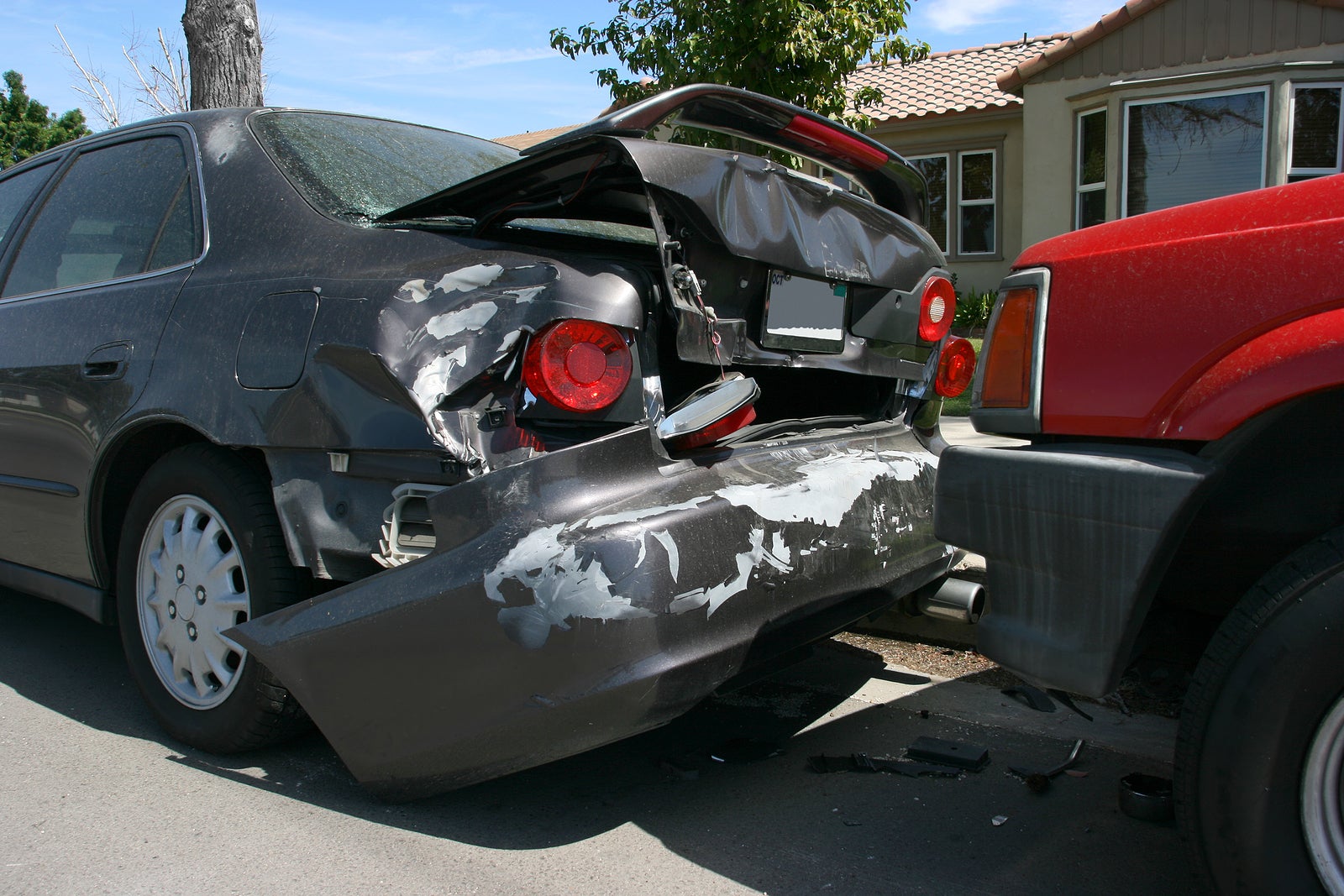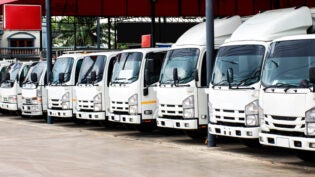
As a business owner, you have a responsibility to ensure the safety of your employees while they’re on the job. This includes anything that may occur while on company property, as well as while an employee is on the clock while traveling. Depending on the nature of your industry, perhaps you have employees who need to use their vehicles for work-related purposes.
If this is the case, did you know that there are a host of legal issues that could arise if your employee isn’t properly insured?
This is a fact that many business owners simply overlook, or are unaware of. But what type of insurance do you and your employees need while on the job? Maybe, you’ve been relying on personal insurance policies. But, you might need to consider commercial insurance also.
If you’re looking into getting a quote for personal or commercial auto insurance, the following will tell you all you need to know.
What Exactly is Commercial Insurance?
The main thing to remember here is that if your business owns the vehicle, then you need to have commercial auto insurance. At its core, commercial insurance covers you or your employees while they’re driving a company vehicle.
This means that if your company vehicle(s) are registered with your company name, by law you have to have commercial insurance, and each employee with a valid driver’s license must be listed as additionally insured on the vehicle.
So, what makes commercial auto insurance different from a personal auto policy? Basically, the liability limits are much higher with a commercial auto policy. And, there is a range of policies to choose from that will relate to the type of business you’re in.
For example, an OTR truck driver may take out a commercial policy and the limits of coverage could exceed high six-figures, simply because of the nature of the business. This is a lot of money for a policy, and these high amounts are generally not available with personal policies.
Commercial vehicle policies can cover vehicles used for the following purposes:
- While traveling with employees, customers, or clients
- Performing work-related services
- Transporting of products
- Hauling work-related loads
- Towing
- Transporting employees
- Moving between locations
It’s important to note that the coverage of a commercial policy is not limited to the aforementioned list, and can include many additional situations.
Personal Auto Insurance
Personal automobile insurance only covers you (or a listed casual driver) while driving in your personal vehicle. These policies generally only cover you for the personal use of your vehicle, whether this is commuting to and from work or while doing any personal traveling.
Here’s where the insurance laws get a little tricky. If you’re driving your vehicle for work-related reasons, and you’re involved in an accident but not covered under a commercial policy, your insurance company might reject your claim.
It’s also important to be aware of all of the particulars of your personal auto policy. Some personal coverage policies do have a coverage amount specifically for limited business use. If this is the case, then you’ll only be covered while operating the vehicle for business use under specific conditions.
What Policy Should You Choose?
It’s critical to know exactly what your policy covers, whether a personal auto policy or commercial. There’s a lot of fine print when it comes to insurance coverage plans, and depending on the nature of your industry, you need to find out the details.
As a general rule of thumb, if you’re using a vehicle for work-related purposes, then you should purchase a commercial policy, and ensure that there are no gaps in coverage because having a gap in coverage is just as bad as not having insurance at all. Even if you’re only driving the vehicle a few times a month, if you find yourself in an accident while performing work-related tasks, a commercial policy will cover you and your losses.
Though it might be tempting to go the cheaper route and purchase additional business-related coverage on a personal policy, chances are the amount of money covered under these policies will be much smaller than with a commercial policy.
In the end, it’s best to play it safe and go with a full commercial policy when covering a vehicle intended for business use.
1922 Views












